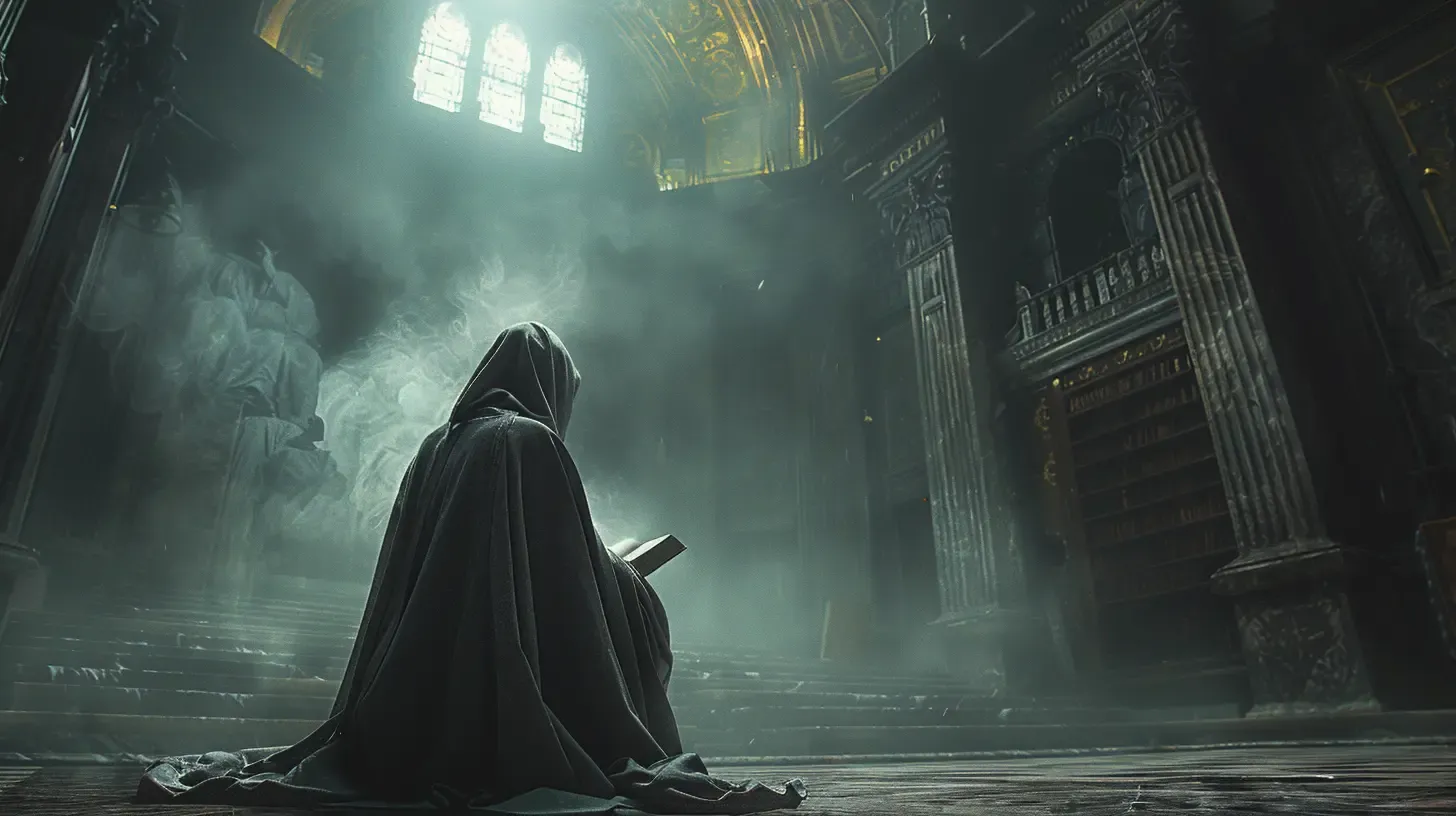23 February 2024
The Transformation of Religious Practices and Their Place in Contemporary Culture.

Press the play button in the top right corner to listen to the article
The transformation of religious practices and their evolving place within contemporary culture is a profound reflection of the shifting landscapes of belief, identity, and community in the modern world. This evolution is marked by a notable shift from traditional, communal worship settings to more individualized and diverse forms of spiritual expression. Technology, globalization, and changing social norms have all played pivotal roles in reshaping the ways in which people engage with religion and spirituality.
In the past, religious practices were often closely tied to specific geographical locations and cultural contexts, with communal worship being a central aspect of spiritual life. Churches, temples, mosques, and synagogues served as the heart of religious communities, providing a space for congregants to come together in prayer, ritual, and fellowship. These traditional forms of religious practice were characterized by a strong sense of community and shared belief, passed down through generations and closely integrated with cultural identity.
However, the advent of digital technology and the rise of the internet have introduced new avenues for religious and spiritual exploration, allowing for a more personalized approach to faith. Online platforms, social media, and virtual religious services have made it possible for individuals to explore various beliefs and practices from across the globe, often blending elements from different traditions to create a personalized spiritual path. This has led to the emergence of a more individualized form of spirituality, where personal experience and interpretation take precedence over adherence to established doctrines and rituals.
Globalization has further contributed to the diversification of religious practices, as people are increasingly exposed to a wide array of spiritual traditions and beliefs. This exposure has encouraged a more inclusive and eclectic approach to spirituality, where individuals draw inspiration from multiple sources rather than aligning with a single religious tradition. This trend reflects a broader cultural shift towards pluralism and tolerance, challenging traditional boundaries and encouraging a more open and exploratory attitude towards spirituality.
The changing social norms and values of contemporary society have also influenced the transformation of religious practices. Issues such as gender equality, LGBTQ+ rights, and environmental sustainability have become increasingly important within religious communities, leading to discussions and reinterpretations of traditional teachings and practices. This has prompted some religious institutions to adapt and evolve, seeking to remain relevant and responsive to the concerns and values of modern congregants.
Despite these changes, the role of religion and spirituality in providing meaning, purpose, and a sense of belonging remains significant for many people. The transformation of religious practices reflects not only the challenges of navigating faith in a rapidly changing world but also the resilience and adaptability of spiritual traditions. As individuals and communities continue to explore and redefine their spiritual identities, religion and spirituality will likely remain integral components of contemporary culture, albeit in ever-evolving forms.
The content, including articles, medical topics, and photographs, has been created exclusively using artificial intelligence (AI). While efforts are made for accuracy and relevance, we do not guarantee the completeness, timeliness, or validity of the content and assume no responsibility for any inaccuracies or omissions. Use of the content is at the user's own risk and is intended exclusively for informational purposes.
#botnews















































































